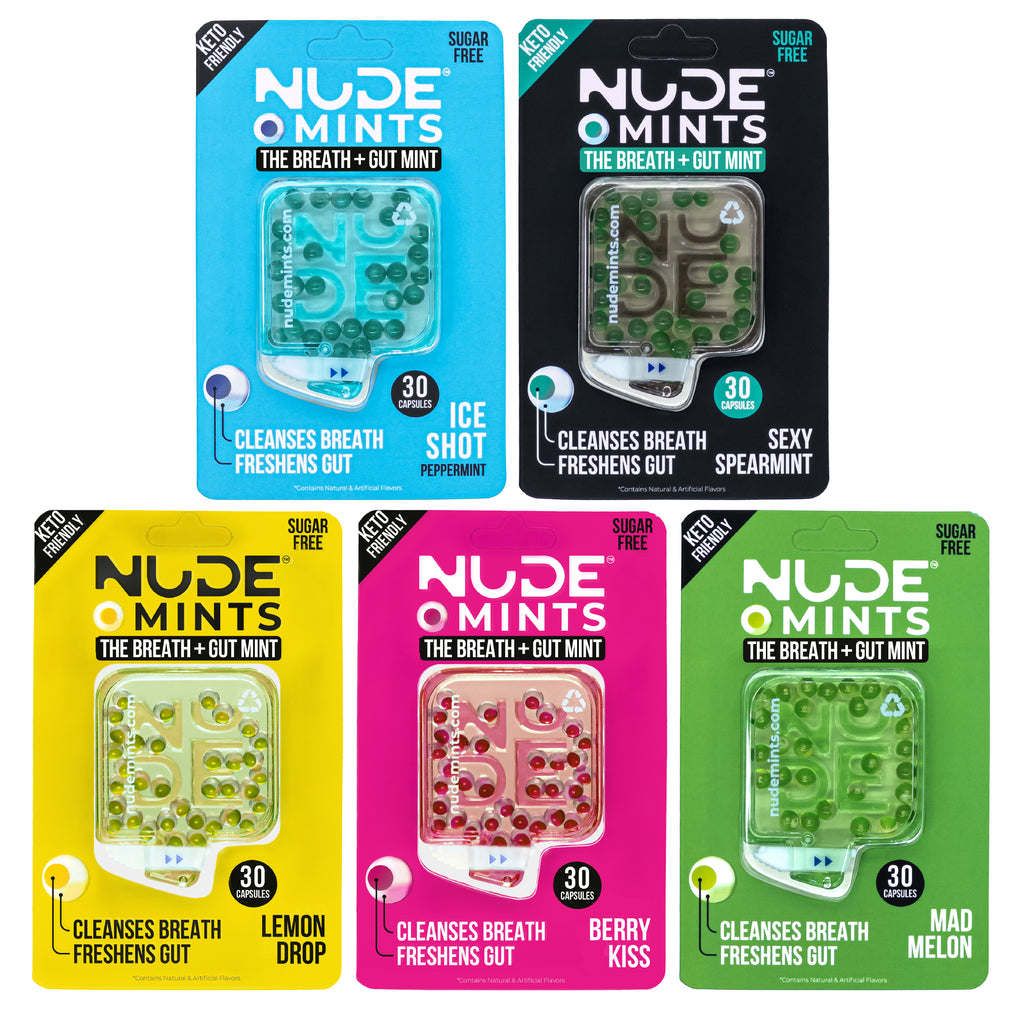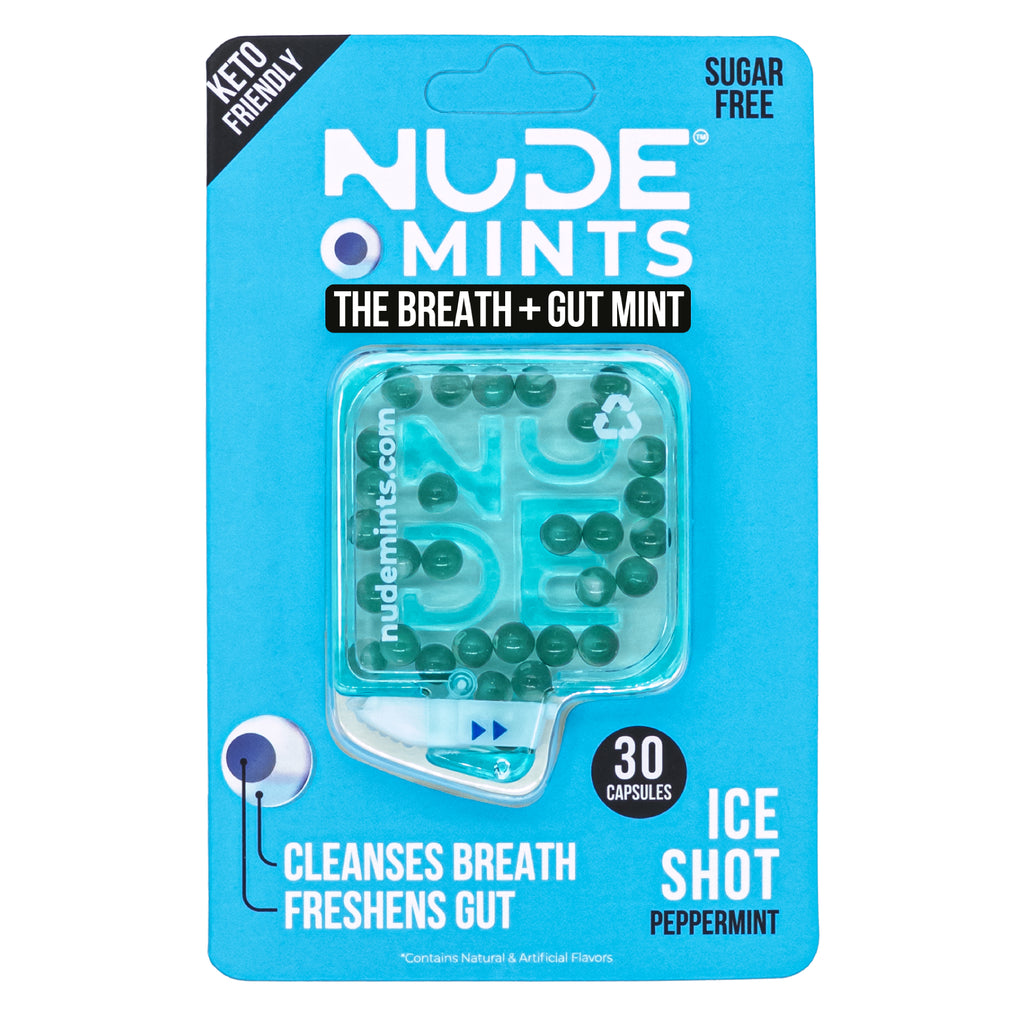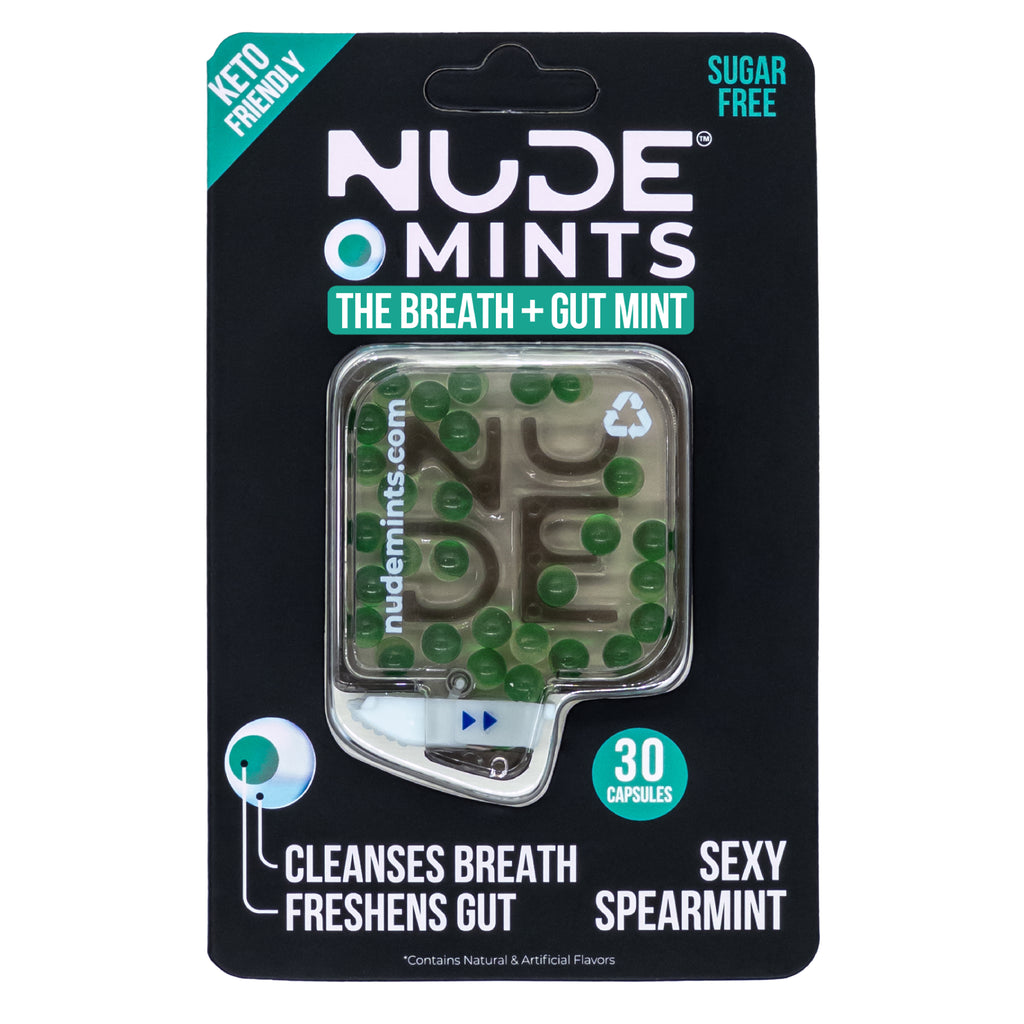The Connection Between Gut Health and Skin Conditions: Exploring the Link
-
Are you struggling with skin issues and wondering what might be causing them? While there are many factors that can contribute to skin problems, one potential culprit that you may not have considered is your gut health. That's right, there is a connection between gut health and skin conditions that you may not be aware of. In this article, we will explore the link between the two and provide you with some tips on how to improve your gut health for healthier skin.
The skin is the largest organ in the human body and serves as a barrier against the outside world. It is also an important indicator of overall health. When the skin is not healthy, it can be a sign that there are underlying issues that need to be addressed. While there are many different types of skin conditions, some of the most common include acne, eczema, psoriasis, and rosacea. These conditions can be uncomfortable, unsightly, and even painful in some cases.
The Connection Between Gut Health and Skin Conditions
So, what is the connection between gut health and skin conditions? It all comes down to something called the gut-skin axis. This is the link between the health of your gut and the health of your skin. The gut is home to trillions of bacteria that play a crucial role in digestion and overall health. When the balance of these bacteria is disrupted, it can lead to a condition known as dysbiosis. Dysbiosis can lead to a range of health problems, including skin conditions.
When there is dysbiosis in the gut, it can lead to inflammation throughout the body. This inflammation can show up on the skin in the form of redness, rashes, and other skin conditions. Additionally, when the gut is not functioning properly, it can lead to a buildup of toxins in the body. These toxins can also contribute to skin problems.

How to Improve Your Gut Health for Healthier Skin
Now that you understand the connection between gut health and skin conditions, you may be wondering what you can do to improve your gut health. Here are some tips to get you started:
Eat a healthy diet:
Eating a diet that is rich in whole foods, including fruits, vegetables, and lean proteins, can help to promote a healthy gut.Take probiotics:
Probiotics are supplements that contain beneficial bacteria. Taking a probiotic supplement can help to restore the balance of bacteria in your gut.Reduce stress:
Stress can disrupt the balance of bacteria in your gut. Finding ways to reduce stress, such as through meditation or exercise, can help to improve your gut health.Avoid antibiotics:
While antibiotics can be helpful in some cases, they can also disrupt the balance of bacteria in your gut. If possible, try to avoid taking antibiotics unless they are absolutely necessary.Stay hydrated:
Drinking plenty of water can help to flush toxins out of your body and promote a healthy gut.Get enough sleep:
Lack of sleep can also disrupt the balance of bacteria in your gut. Aim for 7-8 hours of sleep per night to help promote a healthy gut.Conclusion
The connection between gut health and skin conditions is an important one to understand. When the gut is not functioning properly, it can lead to inflammation throughout the body, which can show up on the skin in the form of redness, rashes, and other skin conditions. By improving your gut health through a healthy diet, probiotics, stress reduction, and other lifestyle changes, you can help to promote healthier skin. So the next time you are struggling with skin issues, consider looking inward and focusing on your gut health.
Nude Mints offer a refreshing and healthy alternative to traditional breath mints. With all their unique flavors, they provide a guilt-free way to freshen your breath and support your overall health. Whether you're looking for a midday pick-me-up or a way to freshen your breath after a meal, Nude Mints are a great choice. Try them today and see the difference for yourself!
FAQs
Q: Can poor gut health cause acne?
Yes, poor gut health can lead to inflammation that can contribute to acne.
Q: Can improving gut health help to improve eczema?
Yes, improving gut health can help to reduce inflammation throughout the body, which can help to improve eczema.Q: Are probiotics a good way to improve gut health?
Yes, probiotics can be helpful in restoring the balance of bacteria in your gut.Q: Can stress contribute to skin problems?
Yes, stress can disrupt the balance of bacteria in the gut and contribute to skin problems.Q: Are there any specific foods that can help to improve gut health?
Yes, foods that are high in fiber, such as fruits and vegetables, can help to promote a healthy gut.Q: Can gut health affect skin conditions other than acne and eczema?
Yes, gut health can play a role in a wide range of skin conditions, including psoriasis and rosacea.
Get the freshest news on your favorite mouth cleanser and gut freshener!
Read More
-
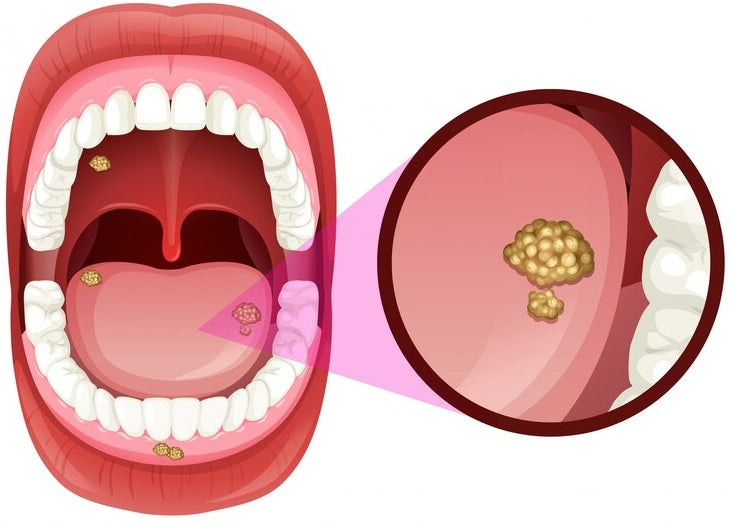
Halitosis: Understanding the Causes, Diagnosis, and Treatment for Fresh Breath
Halitosis, commonly known as bad breath, is a condition that affects a large number of people worldwide. It can be an embarrassing and isolating experience, but it is important to know that it is a common problem and that there are effective treatments available. In this article, we will discuss the causes, diagnosis, and treatment of halitosis. Causes of Halitosis Halitosis can have several causes, both internal and external. The most common causes include poor oral hygiene, dry mouth, certain foods and drinks, smoking, and certain medical conditions. Poor Oral Hygiene Poor oral hygiene is the most common cause of halitosis. When food particles and bacteria build up in the mouth, they can cause an unpleasant odor. Brushing and flossing...
-
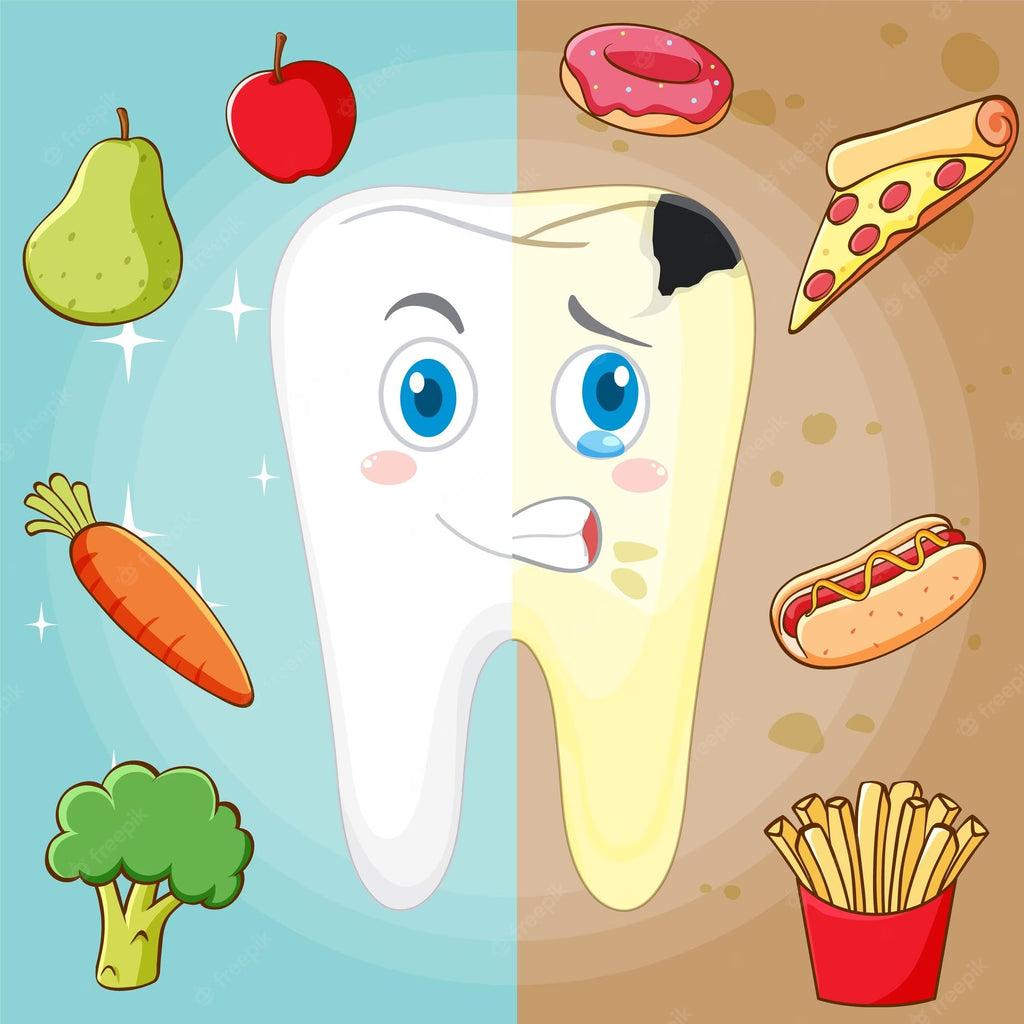
Crucial Connection Between Nutrition and Oral Health: Guide for Better Dental Care
As a dental health professional, we understand the importance of maintaining good oral hygiene to prevent cavities and gum disease. Brushing twice a day and flossing daily are essential habits, but did you know that nutrition also plays a crucial role in keeping your mouth healthy? In this article, we will explore the connection between nutrition and oral health and how you can make better food choices to support your dental health. How Nutrition Affects Oral Health Your diet can impact your oral health in many ways. A diet high in sugary and acidic foods can increase the risk of tooth decay and gum disease. When you eat sugary foods, the bacteria in your mouth feed on the sugar and...
-
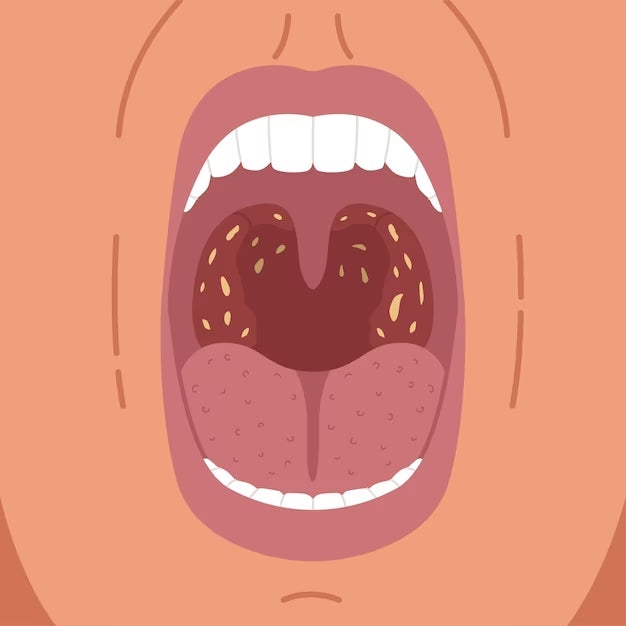
How to Treat Bad Breath Caused by Dry Mouth
Do you ever feel self-conscious about your breath? Do people avoid talking to you because of bad breath? Dry mouth, also known as xerostomia, can cause bad breath and make social interactions uncomfortable. In this article, we will discuss what causes dry mouth, how it leads to bad breath, and what you can do to treat it. Table of Contents What is dry mouth? Causes of dry mouth How dry mouth causes bad breath Signs and symptoms of dry mouth Diagnosis of dry mouth Treating dry mouth Home remedies for dry mouth Professional treatments for dry mouth Tips for maintaining oral hygiene Foods and drinks to avoid with dry mouth Conclusion FAQs What is dry mouth? Dry mouth occurs when...
-
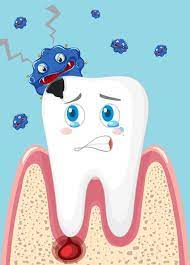
The Relationship Between Diabetes and Gum Disease: Understanding the Link
Diabetes and gum disease are two conditions that may seem unrelated, but research has shown that they are actually closely linked. In fact, individuals with diabetes are more likely to develop gum disease, and those with gum disease are more likely to have difficulty controlling their blood sugar levels. This article will explore the connection between diabetes and gum disease, and provide insights on how you can reduce your risk of developing both. The Relationship Between Diabetes and Gum Disease Diabetes is a condition that affects the body's ability to produce or respond to insulin, a hormone that regulates blood sugar levels. When blood sugar levels are consistently high, it can lead to a range of health complications, including nerve...
